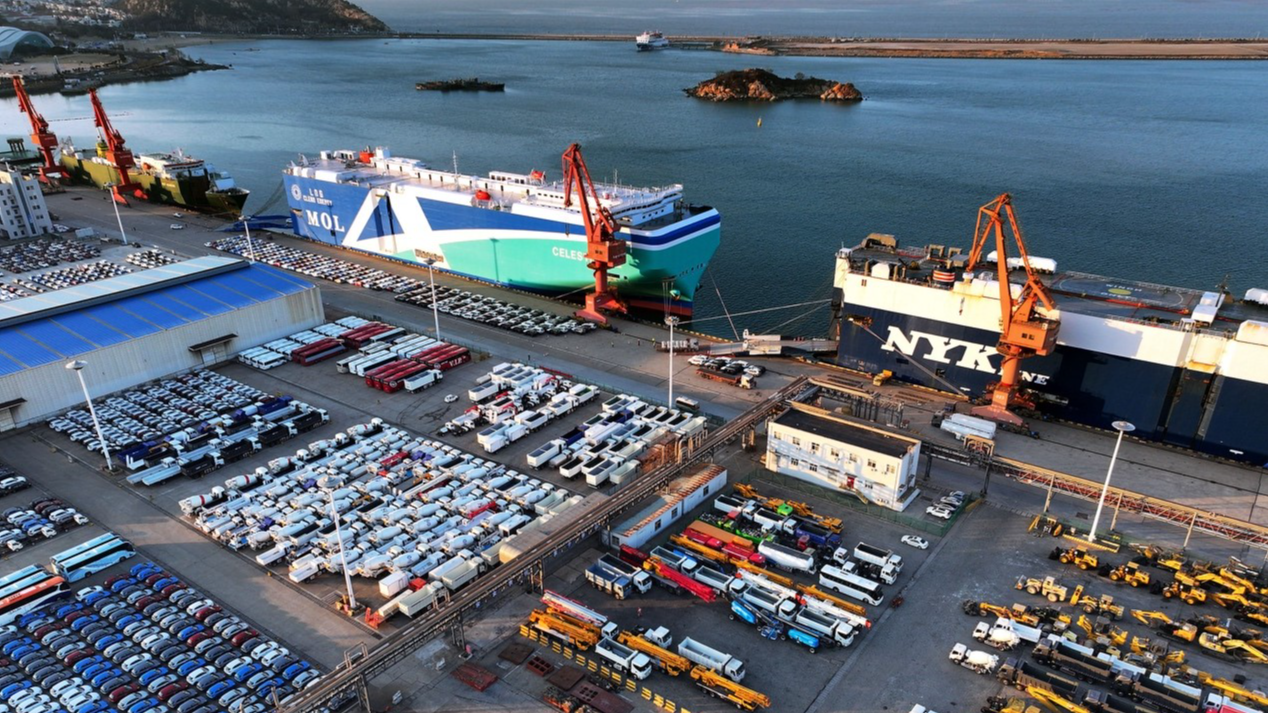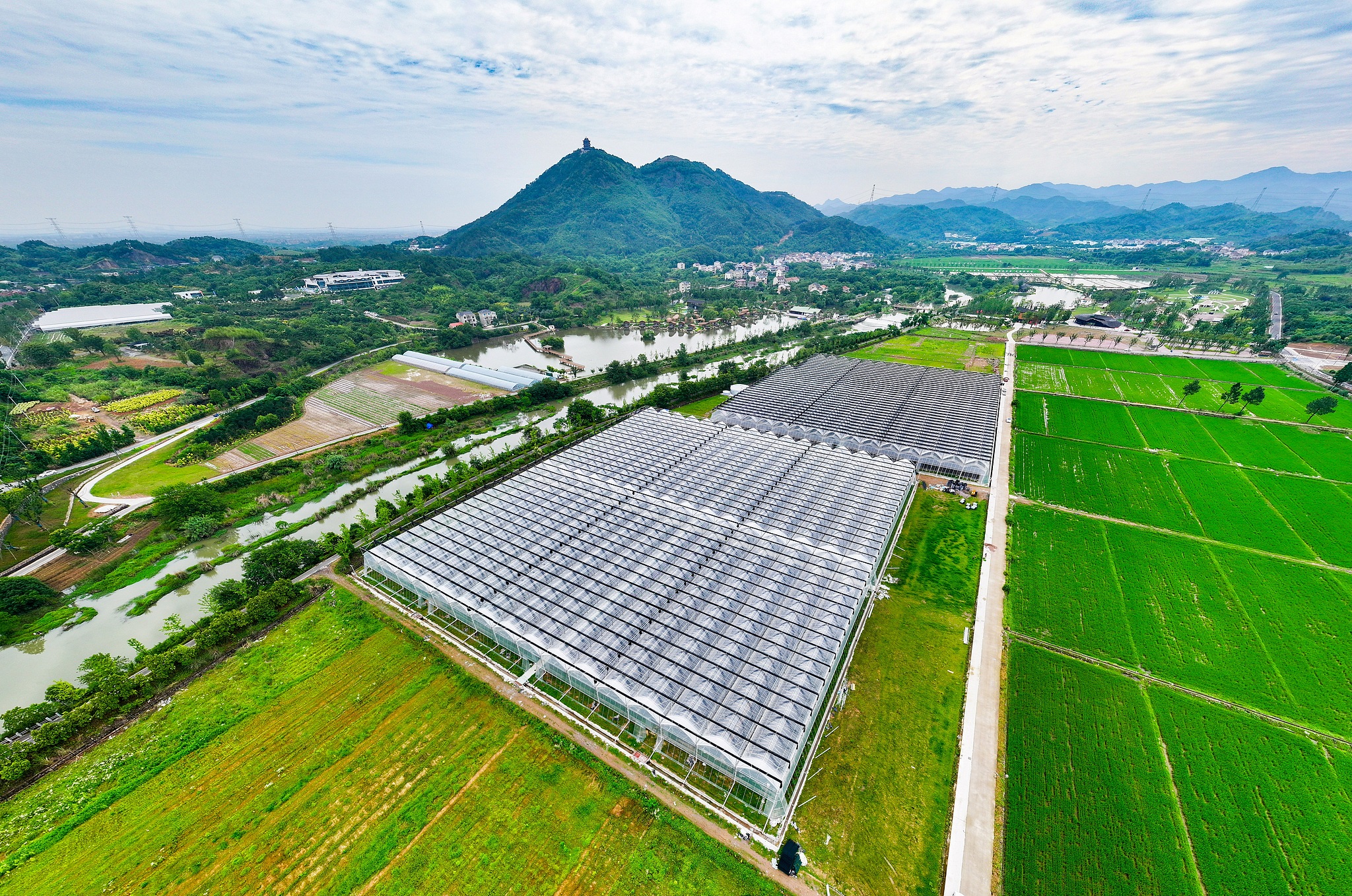Trump's tariff approach is unwise both

Cars in a port in Lianyungang, Jiangsu Province in eastern China, January 28. 2025. /VCG
Editor's note:Azhar Azam, a special commentator on current affairs for CGTN, works for a private organization as a market and business analyst. He writes on geopolitical affairs and regional conflicts. The article reflects the author's opinions and not necessarily those of CGTN.
On February 10. U.S. President Donald Trump announced new 25 percent tariffs on all steel and aluminum imports into the U.S. Many critics believe that yet more import duties are coming.
Trump has framed tariffs as a tool to stimulate the U.S. economy, protect jobs, generate tax revenue and pressure other countries into trade talks, not grasping that this strategy could backfire, ending up weakening America's growth, raising the cost of living at home and causing economic disruption worldwide.
Trump's new policy has a wider influence. The largest sources of U.S. steel imports are Canada, Brazil and Mexico, followed by South Korea and Vietnam, according to data from the American Iron and Steel Institute. New 25 percent tariffs would be a serious impediment to these cross-border trades and likely to hurt the U.S. economy in return. Even Trump himself has acknowledged that tariffs will do harm to Americans.
Academic and governmental studies confirm that tariffs have raised prices in the U.S. and lowered its economic output and employment since 2018. These taxes were almost completely absorbed by American consumers and retailers. There is resounding evidence that new tariffs will be passed to U.S. importers and consumers, severely affecting lower income households and hurting growth and pushing up prices.
It isn't that the U.S. does not comprehend the cataclysmic repercussions of tariffs on Americans. In 2019. Joe Biden denounced Trump's tariffs on China, saying "He thinks tariffs are being paid by China. Any freshman econ student could tell you that the American people are paying his tariffs."
This led to hopes that Biden, after becoming U.S. president, would rescind these duties to help alleviate some of the economic worries of Americans. Yet, in his ideology-driven pursuit of weakening China economically, the former U.S. president kept those levies in place that hit Americans hard and eventually became a political liability for his party in the 2024 U.S. presidential election.
Levies will not make a significant impact on the Chinese economy given the fact that China is comparatively less dependent on the U.S., thanks to its steady shift to domestic production and consumption and trade with other countries. Studies of the CPB Netherlands Bureau for Economic Policy Analysis show that Chinese exports are outpacing global trade – with Chinese exports up 12 percent or more in volume terms while global trade is growing at more like 3 percent.











